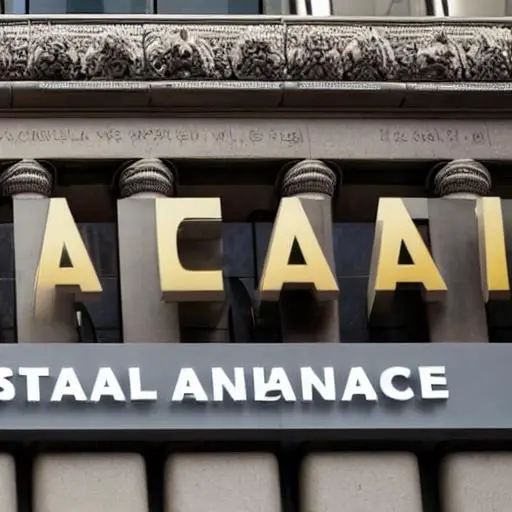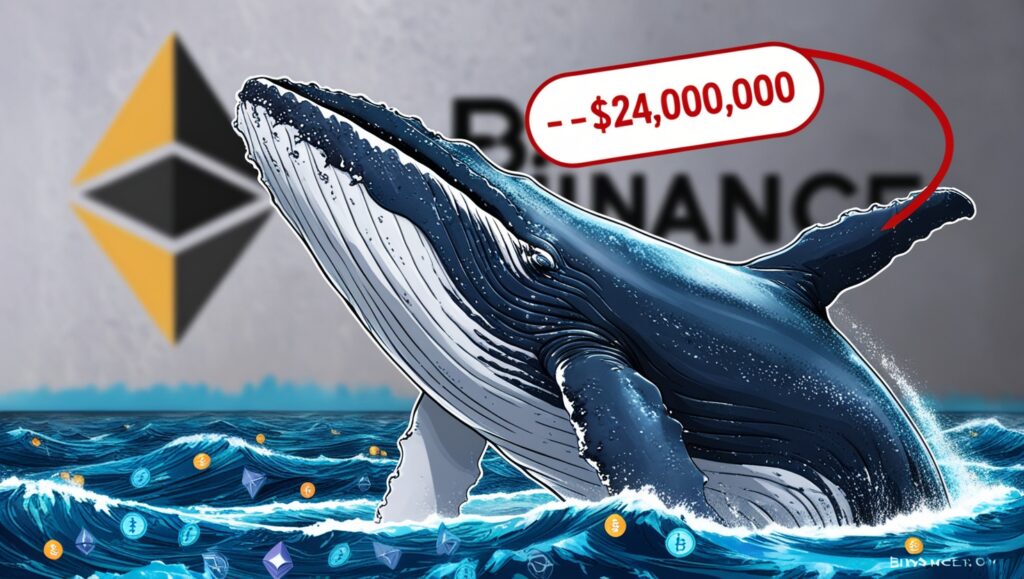Today, the Australian Securities and Investments Commission (ASIC) announced that it would suspend Binance’s operating license for its derivatives business.
The particular company is called Binance Australia Derivatives, and due to the licence, it was able to provide Australian customers with over-the-counter (OTC) derivative products.
The Australian Securities & Investments Commission’s notice notes that the cancellation occurs one day after the cryptocurrency exchange requested the move.
After recent discussions with ASIC, Binance decided to take a more targeted strategy in Australia by closing the Binance Australia Derivatives business. Australians can continue to use the spot exchange product, and Binance’s dedication to the growth of the local blockchain and digital asset industries is unaffected by this.
By April 21, 2023, derivatives traders, who the representative estimated to number “roughly 100,” are supposed to close any open positions. After this date, the exchange will close all open positions.
Barriers to regulation for Binance
The action was taken in the midst of what an ASIC spokeswoman called a “targeted review” of Binance, which started in February.
When the exchange realized that these users had been wrongly classified as “wholesale investors” rather than retail investors, 500 user holdings were liquidated.
A wholesale investor in Australia is typically thought of as someone who has greater trading and financial asset experience and does not require the same safeguards and precautions as their retail counterparts.
The CFTC has been significantly more aggressive in its actions against the cryptocurrency exchange in the US. The CFTC sued Binance last month, accusing the company of many trading offenses, including failing to register its derivatives business before making it available to US customers.
The cryptocurrency exchange was allegedly trading against its own clients, according to the lawsuit.
The move adds to a long series of related ones by the SEC, DOJ, and IRS.









